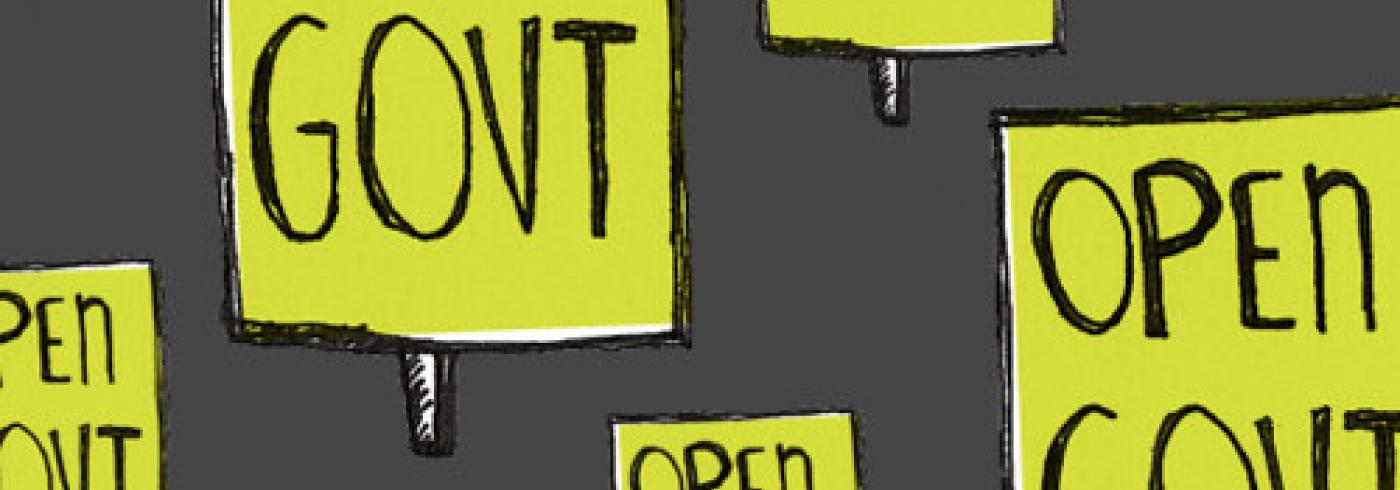
With the introduction of cutting-edge technology, governments are attempting to automate regular operations such as filling out paper forms and standing in line, among others.
It is also vital that they keep people informed about the newest advancements in government policies and operations.
Every government strives to give citizens with the tools and knowledge they need to function in daily life. However, very few companies have their own technological teams. A content management system can be used to train non-technical resources how to contribute to these services.
Drupal is one of the most powerful content management systems available today. Drupal, in general, improves user experience in a single package and on an open-source basis, enabling the creation of delightful digital experiences.
Drupal in the public sector
Drupal is used by more than 150 national government websites. All government websites are hosted on Drupal.org.
Using January 1, 2009, WhiteHouse.gov was launched on this platform. After seeing how trustworthy and safe open-source technology was, more government organisations opted to use it.
Since then, Drupal has risen in popularity as a platform of choice for companies wishing to create highly customised, data-driven applications. It has an excellent open-source community and features that set it apart from its competitors.
Drupal's primary characteristics
Drupal comes with ready-to-use solutions for content structure, authorship, API-driven development, and e-commerce.
Drupal's most important features for government websites are as follows:
Security
Drupal is the platform of choice for government organisations due to its attention to security and the lack of vulnerabilities it introduces.
"Security Working Groups" ensure that Drupal core and contributed modules fulfil the highest security standards, while also incorporating best practices for site designers and module developers.
Using the Drupal security committee's modules is a wise investment:
- Allows for basic access control while blocking IP addresses from viewing the site's content. (Of course, passwords should be changed on a regular basis, and the results of dictionary attacks and other brute-force cyber attack methods should be saved).
- The security unit is capable of resolving the HTML infusion problem and preventing a cross-site scripting attack.
- Captcha secures the contact and signup forms on the site.
- To protect the data input or submitted, a secure login is necessary.
- HTTPS protects user data, including passwords, from theft and modification. Drupal can deliver a high level of adaptability and security to government organisations without incurring large operating and maintenance costs.
- A large community adds free security extensions, modules, distributions, and other tools, all at a fraction of the cost previously invested.
- Drupal is used to tackle modern-day difficulties in over 150 nations around the world.
Drupal speaks multiple languages
Government websites must consider their broader and more diversified readership. The Drupal content translation module allows you to clone and then translate a set of content in a new language.
The entity translation module, on the other hand, can be used to translate individual fields. There are more than a hundred languages to pick from.
While the content is being translated into another language, administrators can write in their favourite language.
Multi-Site Functionality / Building all of these sites would take the government a significant amount of time. Multiple websites can be managed from a single codebase thanks to Drupal's multisite functionality.
A comparable codebase ensures that key features are kept and that the general architecture is consistent. It simplifies administration and assures that each redesign is performed only once.
Accessibility
Drupal's primary dedication to accessibility standards ensures that all of its features and capabilities adhere to WCAG and ADA regulations.
Scalability
A adaptable platform is required when creating a website for a government organisation. The capacity of Drupal to support some of the world's most visited websites illustrates its ability to handle content-heavy geographies and experiences.
Drupal powers one million websites, including Fortune 500 firms such as Time and Mercedes, as well as key government websites and worldwide organisations such as the European Union and NASA. Popular Drupal-powered sites include Weather.com, the Grammy Awards, and the NBC Olympics website. In the case of a traffic surge, these sites stay operational.
Drupal 9 modules and distribution
Many components and services of government websites, such as the most recent news, announcements, government strategies, and statistics on government plans, are comparable.
This is all achievable using modules and distributions like aGov, OpenPublic, govCMS, and Drupal voor Gemeenten.
To address unique needs, existing modules can be added or modified, and Drupal makes this power available to others. Website creation is significantly easier and faster with distributions and modules.
For example, the Australian government's website is designed with aGov, which is appropriate for both large and small organisations across local, state, and federal portfolios. It is used by over 300 websites.
Bespoke content structure
Every day, governments publish a wide assortment of information to keep their residents informed. Official publications such as blogs and informational web pages, as well as photographs, polls, and social media posts, fall into this category.
Drupal allows you to create custom content kinds by combining modules from the core and contributed repositories.
Room for creativity
Government websites were traditionally thought to be boring and uninteresting, but that is no longer the case. Governments are fully aware that they must do everything possible to improve the public's perception of their services.
The Drupal CMS offers a wide range of creative possibilities and may be integrated with enterprise content, information repositories, and internal publishing tools.
Drupal for the public sector
LocalGov Drupal is a distribution and installation profile for UK government agencies to help them publish public-facing websites more quickly, affordably, and effectively. It is world-class, fully accessible, and open to all local governments.